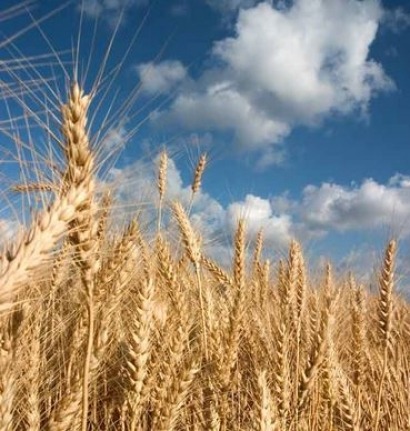
The ethanol price increases in line with the crude oil price, while the biodiesel price more closely follows the path of vegetable oil prices, the agencies said.
Overall, the report said, in the next decade, livestock and biofuel production are projected to grow at higher rates than crop production. This changing structure of global agricultural production prompts a relative shift toward coarse grains and oilseeds to meet demands for food, feed and biofuel, away from staple food crops like wheat and rice.
The bulk of the additional production will originate in regions where determining factors, such as land and water availability, and policy regulations, are the least constraining.
The demand for agricultural products is expected to remain firm while expanding at lower rates than in the past decade.
Cereals are still at the core of what people eat, but diets are becoming higher in protein, fats and sugar in many parts of the world, as incomes rise and urbanisation increases.
The OECD–FAO Agricultural Outlook 2014-2023 said such changes, combined with a growing global population, will require substantial expansion of production over the coming decade. Led by Asia and Latin America, developing regions will account for more than 75 percent of additional agricultural output over the next decade.
The Agricultural Outlook said global cereal production is projected to be 15 percent higher by 2023 than in the 2011-13 period. The fastest production growth is expected to be oilseeds, at 26 percent over the next 10 years. The expansion of coarse grain and oilseed production will be driven by strong demand for biofuels, particularly in developed countries, and growing feed requirements in developing regions.
The expansion of food crop production will be more moderate over the coming decade, the report said, with wheat output growing by around 12 percent and rice by 14 percent, well below the growth rates of the previous decade. Sugar production is expected to increase by 20 percent over the coming decade, concentrated mainly in developing countries.
The report said that after weakening in late 2013, prices for sugar will recover, driven by strong global demand. Exports from Brazil, the world’s dominant sugar exporter, will be influenced by the ethanol market.
For additional information:

